The purpose of the St. Louis Impact Fund is to catalyze and support mutually beneficial relationships between Washington University students and community organizations aiming to advance efforts critical to community needs. The fund consists of four grants.
Washington University undergraduate and graduate students are encouraged to apply in collaboration with community partners.
Four grant categories are available:
- The Transform Grant is designed to support robust partnerships between Washington University students and local non-profit or civic organizations by providing up to $10,000 in project support aimed at advancing regional priorities. Successful proposals will involve a substantial co-led project between students and one or more community partners who collaborate on, advise, and influence the project. Student applicants will be required to attend three grant development workshops, must demonstrate extensive previous engagement with a partner organization, and have clearly articulated goals and outcomes.
- The Mini Grant is designed to provide up to $500 to support a short-term, student-led project with a local non-profit or civic organization. Funding will support project planning, event planning, transportation, and supplies for engagement opportunities within an already existing partnership.
- The Engage STL Grant provides up to $500 for a group of students to attend a community event, visit a cultural institution, or get to know a local neighborhood, with the goal of understanding St. Louis history, culture, politics, opportunities, and challenges.
- The Partnership Extension Grant is designed to support students in their long-term engagement and commitment to St. Louis after a St. Louis Fellowship or Civic Summer focused on the region. Students in either the St. Louis Fellows or Civic Scholars Programs can apply to this grant to extend their time with the St. Louis organization they partnered with during the summer.
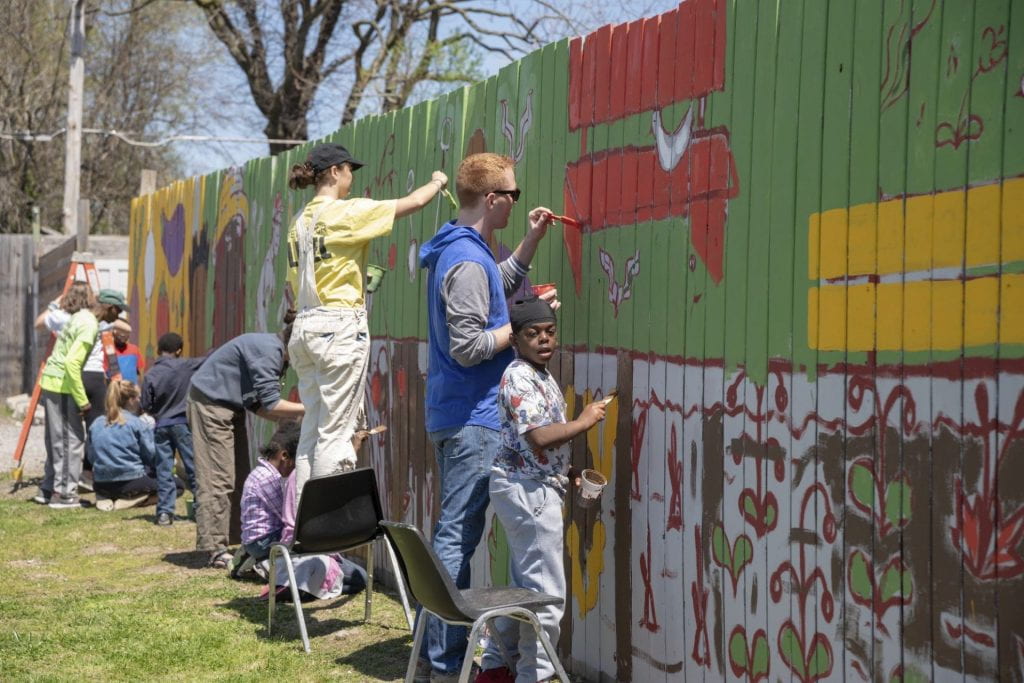
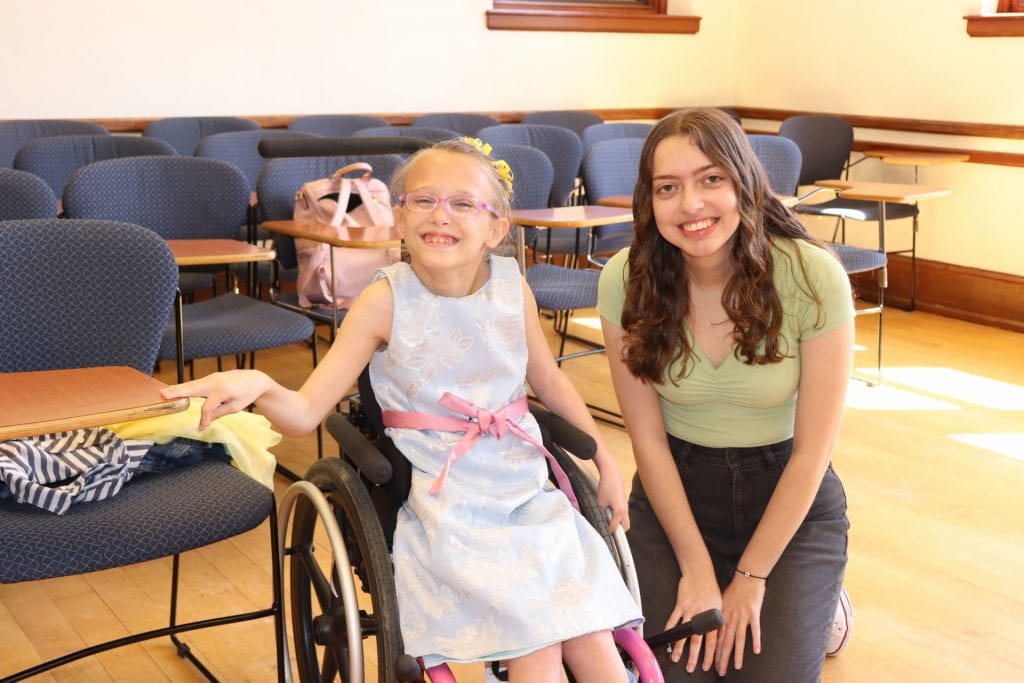
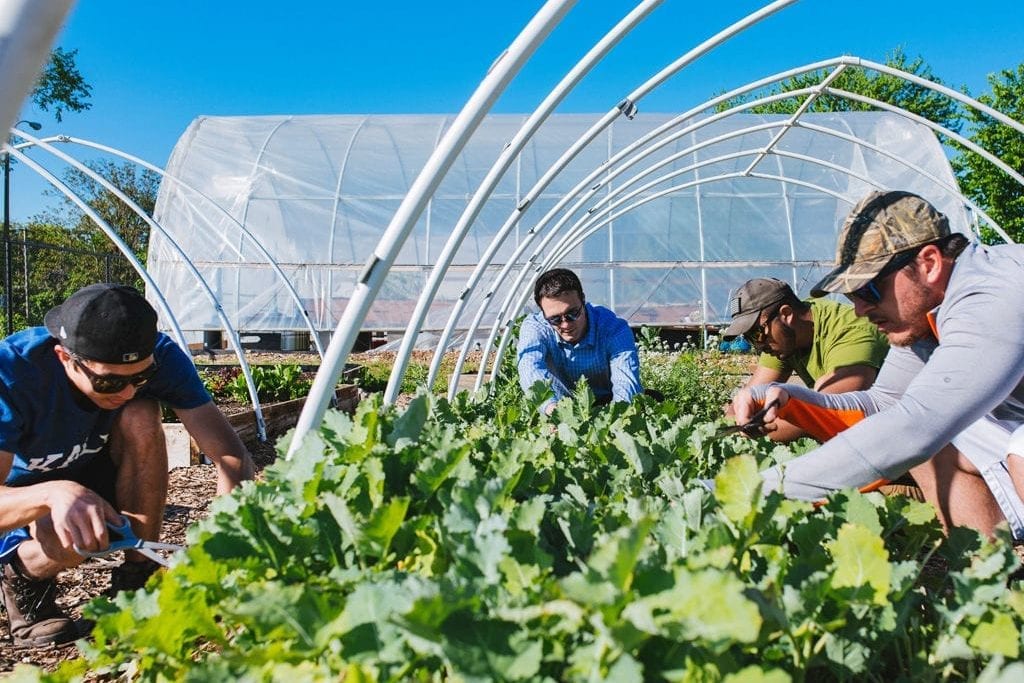
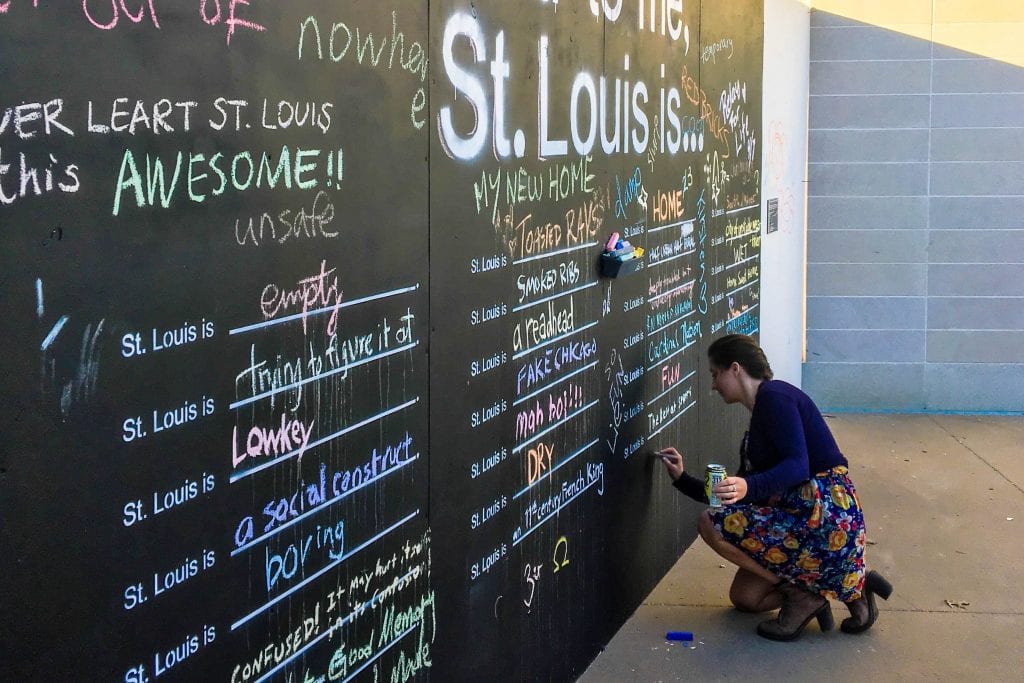
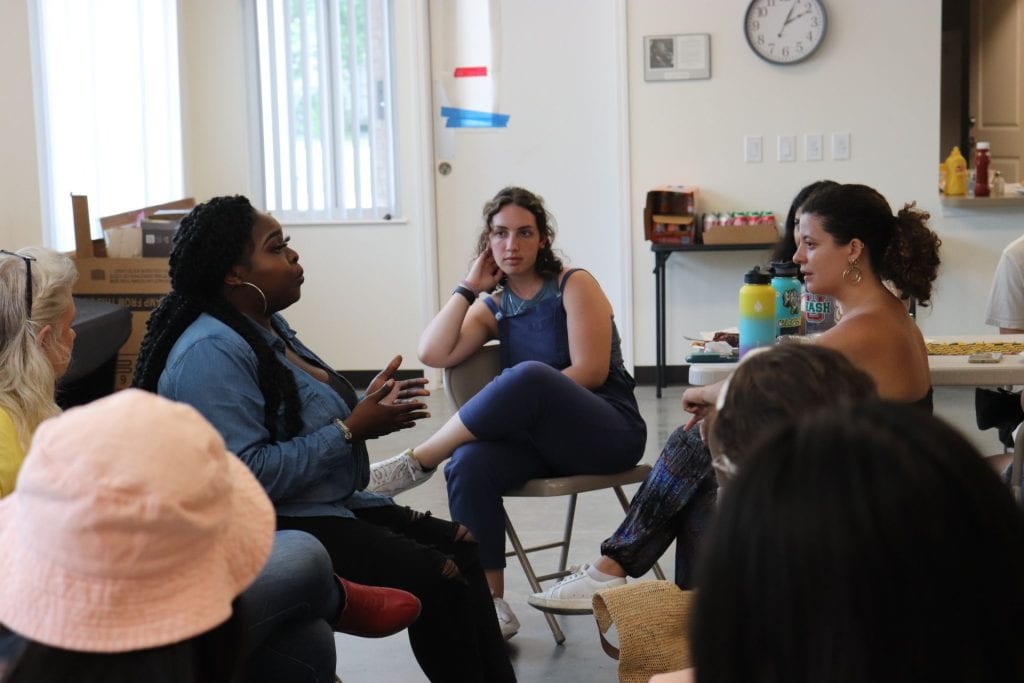
Eligibility and Application Process
- Partner organization must be located in the St. Louis bi-state metropolitan region.
- Applicant must be an undergraduate or graduate student enrolled full-time at Washington University in St. Louis during the time the Transform Grant is awarded.
- Applicant must obtain a one-page, signed statement of support from their partner organization(s) illustrating a clear alignment and agreement between the community partner and student(s) about the terms of the engagement.
- Students interested in applying to the Transform Grant must attend three Transform Grant Workshops from October 2023 – January 2024 in order to be eligible for funding.
- Partner organization must be located in the St. Louis bi-state metropolitan region.
- Applicant must be an undergraduate or graduate student enrolled full-time at Washington University in St. Louis during the time the Mini Grant is awarded .
- Partner organization must be located in the St. Louis bi-state metropolitan region.
- Applicant must be an undergraduate or graduate student enrolled full-time at Washington University in St. Louis during the time the Engage STL Grant is awarded
- Application must be for a group experience with no less than 4 but no more than 10 students
- Student must have already completed a St. Louis Fellow or Civic Scholar Summer in St. Louis during the most recent summer (e.g., 2023 summer work is eligible for 2023-2024 Extension Grants)
- Partner organization must be located in the St. Louis bi-state metropolitan region.
- Partner organization must be the organization applicant worked with over the summer.
- Applicant must be an undergraduate student enrolled full-time at Washington University in St. Louis during the time the Partnership Extension Grant is awarded – (exceptions will be made for students in 3/2 programs).
- Applicant must obtain a one-page, signed statement of support from their partner organization(s) illustrating a clear alignment and agreement between the community partner and student about the terms of the engagement.
- Engagement plans must be unpaid and un-funded, unless the grant application is to supplement partial funding. Applicants must disclose all confirmed or anticipated funding.
- Priority will be given to students facing demonstrated financial barriers to extending their work.
Funding Procedures
Funding for Transform Grant, Mini Grant, and Engage STL Grant
- Project funding is provided to individuals involved with the grant in the form of reimbursement upon timely submission of itemized receipts and successful progress and/or completion of the proposed initiative. In certain circumstances, the Gephardt Institute may be able to assist with direct purchase of large expenses.
- Receipts must be submitted within 20 business days following project completion, unless written approval of an extension is received from Gephardt Institute staff.
- Check (or direct deposit) reimbursements will be available 20 business days after submission of acceptable receipts and documentation.
| Projects We Can Fund | Projects We Cannot Fund |
| Core Requirements for All Funded Projects: 1. Proposals Co-Led by Students and Community Partners: All of the opportunities outlined in the St. Louis Impact Fund are designed to foster partnership between Washington University students and community organizations. The St. Louis Impact Fund is not designed to support projects led by Washington University faculty or staff, or projects led solely by community organizations. 2. Proposals designed to grow or expand partnerships between WashU and the St. Louis community: In deepening our connection to St. Louis, we encourage students to explore the strong work being done in the St. Louis region that aligns with their passions and areas of interest. There is often alignment or areas of overlap with one or more existing organizations that can lead to innovation and a further reaching impact. 3. Student-Led, Advisor and Community Informed Projects: The St. Louis Impact Fund is designed to foster mutual benefit to students and their community partners. To ensure student learning and active engagement in the project, grants should be led by students. To ensure community benefit and positive impact, grants should be deeply informed by community knowledge and partners. Acceptable Projects: While this is not a complete list of fundable projects, we often receive questions about the following components of grant proposals. Kit Packing: We will consider funding projects that center on providing supplies for marginalized communities. Funding of this type should be coupled with other community-centered work and should not be a stand-alone initiative. Days of Service: We will consider funding projects that involve one-time service projects. Funding of this type should be coupled with other community-centered work and should not be a stand-alone initiative. Trainings and Information Sharing: We welcome proposals that include training and educational opportunities that teach WashU students about community-based needs. These skill-building opportunities must directly relate to the proposed partnership project. Funding for WashU student trainings should be part of a larger grant proposal and should not be a stand-alone training. | Student-Led Health Screenings, Clinics, and Fairs: Requests related to community health require an elevated sense of care during the review process which includes input and regular active involvement of experts in public health and medicine. Based on consultation with the School of Medicine, we will not support undergraduate students in conducting or leading health screenings, clinics and/or fairs. In some cases, we will evaluate graduate student proposals when they involve a) a dedicated physician faculty lead committed to full oversight of the program; b) a physician faculty approved protocol for handling referrals and care for abnormal results; and c) community-driven requests. Proposals Without a WashU Affiliation: Our funds are designed to support both student learning and community needs. All grant proposals must illustrate clear connection between students and community. Campaign Work, Partnerships with Political Candidates, and Lobbying: Washington University is non-partisan, tax-exempt institution, and we are unable to fund any campaign work, partnerships with political candidates, and/or lobbying to influence legislation. Salary Payment or Re-Granting of Funds: The St. Louis Impact Fund is designed to foster active project partnerships between Washington University students and community partners. While payment for services and stipends in lieu of student earnings may be considered, we are not able to support direct salary payments or re-granting of funds. Other Requests We Cannot Fund: We are unable to fund grants or budget lines for any of the following: Internships or practica Retroactive funding Research Funds and goods intended for philanthropic donation unless they are coupled with other community-centered work |
The Civic Engagement Opportunity Fund provides funding for students from under-resourced socio-economic backgrounds who may need financial assistance in order to secure transportation or purchase resources related to community and civic engagement. Please contact the Taylor Family Center for Student Success for more information.
If you have any questions, please contact Associate Director for Community Engagement, Sam Babb, at sbabb@wustl.edu.
The St. Louis Impact Fund is supported by the Office of the Provost and generous donations to the Gephardt Institute. Through the former Civic Engagement Fund, the Gephardt Institute has distributed over $255,000 in grants that advance student learning and St. Louis regional priorities. If you would like to make a gift to support the St. Louis Impact Fund, please contact Colleen Watermon at cwatermon@wustl.edu.